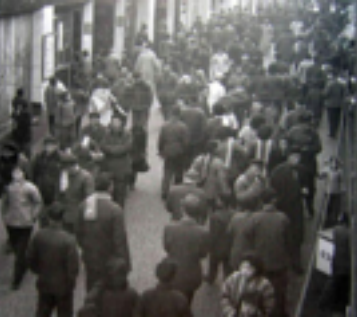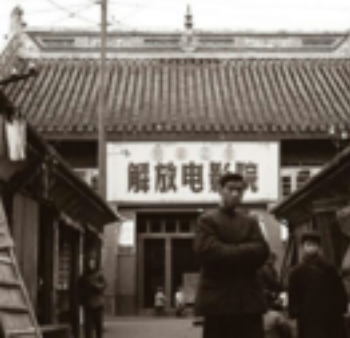Release time:2025-08-23 10:57:16 Publisher:Evermore Tea
San Wan Chang was once a famous teahouse in Wuxi, known to every family. But its glory faded over time, and it was forgotten for over half a century. Now, people remember it again—as a symbol of old society and the place where the blind musician Abing composed his famous erhu piece “Er Quan Ying Yue” (Moon Reflected on the Second Spring). This article tells its story.

Wang Luguan (1877–1953) founded San Wan Chang. He came to Wuxi in 1902 and chose a busy area near Chong’an Temple to open a small tea stall. It was first called “Wang’s Teahouse”. Later, it grew into a larger shop.
The teahouse attracted all kinds of people:
There was also space outside for performers:
It was as lively as Beijing’s Tianqiao area.
In 1913, a scholar named Qian Sunqing named the shop “San Wan Chang”. “San” comes from the Wang family’s ancestral hall name, and “Wan Chang” means “forever prosperous”. A famous artist wrote the signboard.
In 1917, a relative of Wang opened a teahouse in Suzhou with the same name. That branch still operates today.

In 1905, local officers rushed into the teahouse with guns. They heard rumors that revolutionaries were meeting there. After searching everyone for hours, they found nothing. It was all a mistake.

After the Japanese invaded China in 1937, Wuxi was bombed. Wang fled to his hometown but soon returned to protect his property.
He saw Japanese soldiers burn down the Grand Hall of Chong'an Temple and kill people. He and his son were caught by Japanese troops and forced to carry supplies. They escaped at night and returned home safely.
Later, two Chinese traitors were killed by resistance fighters. The Japanese responded by locking down the city and inspecting all men in public. Everyone was terrified.
In 1940, Japanese soldiers closed the teahouse and arrested seven men. They were tortured. One died later from his injuries.
In 1943, local gangsters damaged the teahouse and broke the signboard. Wang had to pay them to avoid more trouble.
Abing (Hua Yanjun) often came to San Wan Chang with his father, a Taoist priest. He practiced music there and later performed for customers.
After he became blind, his wife helped him walk around the city. He often spent his mornings at the teahouse. The owner let him drink tea for free and gave him a stool to perform on.
Abing played the erhu and pipa. His music imitated birds, drums, and even human voices. He also sang about social issues and the war against Japan.
His most famous piece, “Er Quan Ying Yue”, was recorded in 1950. It is a sad and beautiful piece that tells the story of poor people’s lives. The famous conductor Seiji Ozawa once said it should be “listened to on your knees”.
Abing had a deep connection with San Wan Chang for decades.
After 1949, life in Wuxi became more stable. Wang Luguan was seen as a law-abiding business owner.
In 1955, the old streets around Chong'an Temple were widened. San Wan Chang and other old buildings were torn down.
Today, San Wan Chang is only a memory. But it remains an important part of Wuxi’s history.
Previous article:Haomike Bibimbap: Blue Ocean Empire via Innovation – Leading the F&B Efficiency Revolution.
Next article:Startup Success: Critical Dimensions That Define Your Path.
回顶部